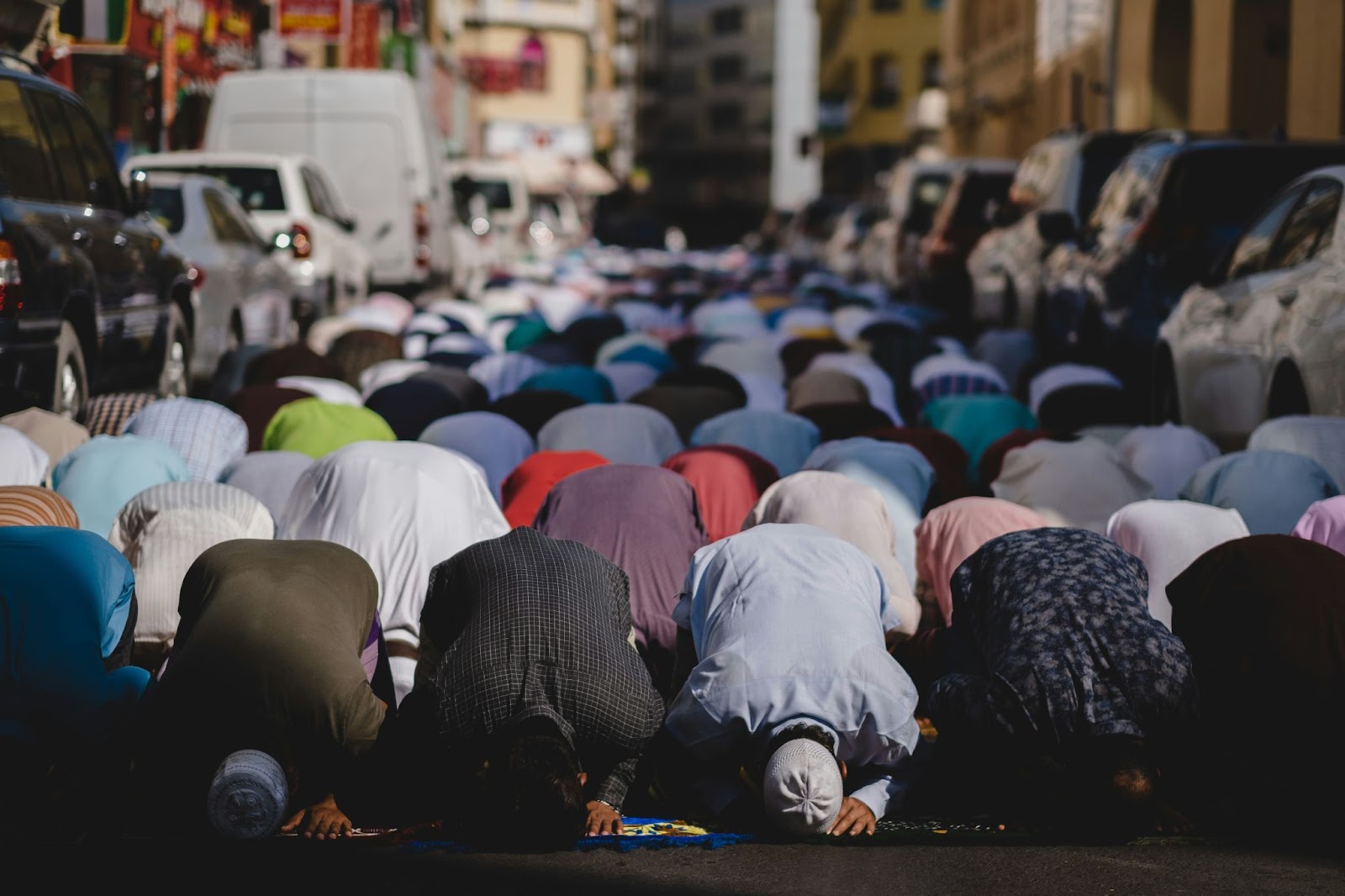The Islamic New Year, also known as Hijri New Year, marks the beginning of the Islamic lunar calendar. It is observed on the first day of Muharram, the first month of the Islamic year. Unlike the Gregorian New Year, which is often celebrated with festivities and parties, the Islamic New Year is a time for reflection, prayer, and remembrance.
Historical Background
The Islamic calendar, or Hijri calendar, began in 622 AD when Prophet Muhammad (peace be upon him) migrated from Mecca to Medina. This event, known as the Hijra, is a significant turning point in Islamic history. It marked the establishment of the first Muslim community based on justice, equality, and brotherhood principles. The Hijri calendar consists of 12 months, each having 29 or 30 days, depending on the lunar cycle.
Spiritual Significance
The Islamic New Year allows Muslims to reflect on the past year, seek forgiveness for their shortcomings, and set intentions for the coming year. It is a time to renew one’s faith and commitment to Islamic values. Unlike the Gregorian New Year, the Islamic New Year is not celebrated with grand festivities but with humility, introspection, and devotion.
Observances and Traditions
While there are no universally prescribed rituals for the Islamic New Year, different cultures and communities observe it in various ways:
1. Prayers and Fasting

Many Muslims engage in additional prayers and fasting during Muharram, especially on the 10th day, known as Ashura. This day is significant for various reasons, including the salvation of Prophet Moses (peace be upon him) and his followers from Pharaoh, and the martyrdom of Imam Hussain (peace be upon him) at the Battle of Karbala.
2. Recitation of the Quran and Supplications
Muslims often spend time reciting the Quran and making supplications (du’a) for a prosperous and peaceful year ahead. It is a time to seek guidance and blessings from Allah (SWT).
3. Charity and Good Deeds

Acts of charity and kindness are encouraged, reflecting the values of compassion and generosity central to Islam. Helping those in need and supporting community initiatives are common practices during this time.
Reflection and Renewal
The Islamic New Year reminds Muslims of the Hijra. A journey that symbolizes sacrifice, perseverance, and the quest for a better life. It inspires Muslims to embark on their own spiritual journey, striving for personal growth and societal improvement. The New Year is a time to reassess one’s goals, mend broken relationships, and strengthen one’s bond with Allah (SWT).
Conclusion
The Islamic New Year is a profound time for Muslims worldwide. It is a period of introspection, spiritual renewal, and community solidarity. By observing this sacred time with sincerity and devotion. Muslims reaffirm their commitment to the teachings of Islam and the pursuit of a righteous and fulfilling life. As the New Year dawns, it brings the promise of new beginnings and the hope for a future filled with peace, prosperity, and divine blessings.










